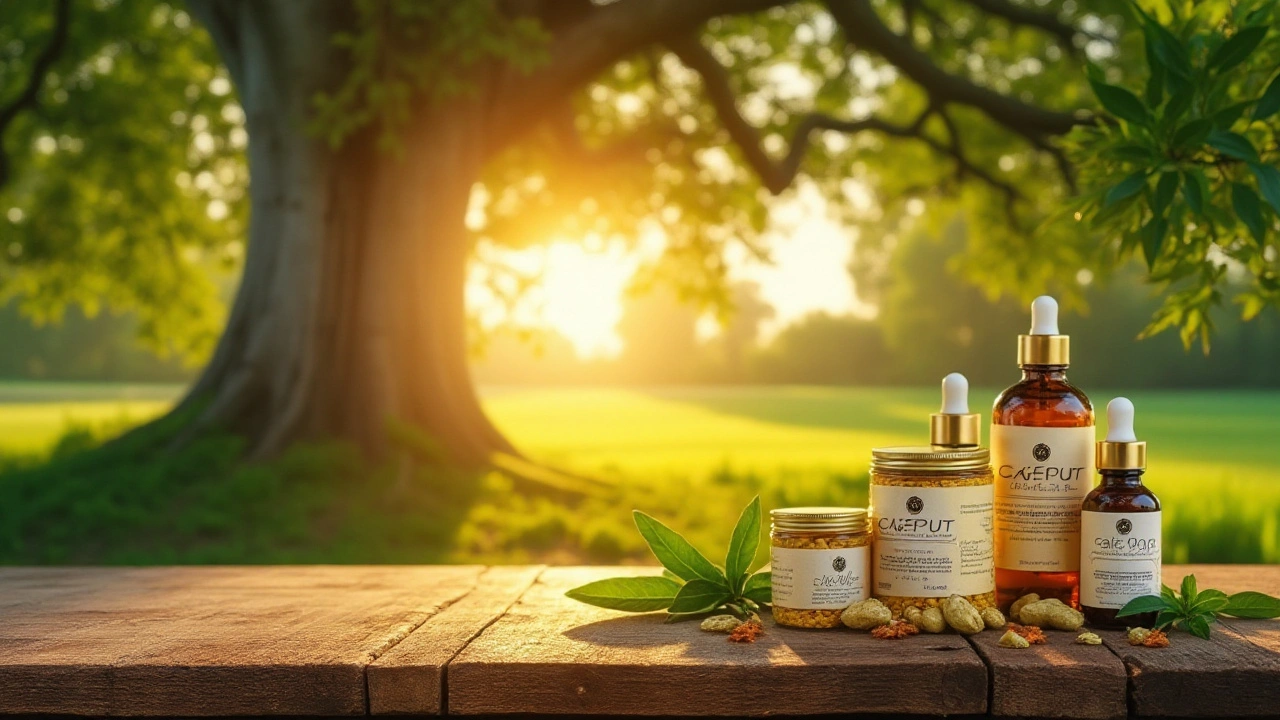Natural remedies: what works, what’s risky, and how to use them safely
People try herbs, oils, and supplements to ease symptoms, manage skin issues, or support well-being. That can work — but only when you pick the right remedy and use it the right way. This tag collects clear, practical guides on plant medicine, essential oils (like tansy), herbal preparations (like Stereospermum), and safer alternatives to common prescriptions. You’ll find real-world tips, not hype.
How to judge a natural remedy
Start by checking the evidence. Look for articles that explain how a plant or oil is used and what research supports it. Ask: has it been tested in people or only in a test tube? Does the write-up list possible side effects and interactions? Reliable pieces give dosage ranges, preparation methods (tea, tincture, topical dilution), and clear warnings. On this site you’ll see plant profiles and oil guides that include practical steps — for example, safe dilution rates for topical use and when to skip an oil entirely.
Quality matters. Choose products from brands that list active compounds and use third-party testing when possible. For herbs, standardization (a label that shows mg of the active compound) helps predict how strong a dose will be. For essential oils, avoid anything labeled "100% pure" without batch and supplier details — those words are meaningless without testing information.
Safety tips before you try anything
First aid rule: do a patch test for topical products. Apply a small diluted amount to the inner forearm and wait 24 hours for irritation. Second, check for interactions. Herbal supplements and oils can affect prescription drugs — blood thinners, blood pressure meds, and antidepressants are common trouble spots. If you take medications, run any new remedy by your prescriber.
Use clear measures. Don’t guess doses. If an article gives teaspoons or drops, follow them. If you see vague instructions like "use as needed," be cautious — ask an expert or pick a conservative dose. Pregnant or breastfeeding people, children, and those with chronic illnesses should consult a clinician before trying most natural remedies.
Watch for red flags: skyrocketing claims, single-source testimonials, or products that promise instant cures. If something sounds too good to be true, it probably is. Practical guides list realistic outcomes — for example, an oil may soothe skin irritation for some people, but it won’t replace medical treatment for a deep infection.
Want specific reads? Check our tansy essential oil guide for topical use and safe dilution, or the Stereospermum plant guide for traditional uses and growing tips. You’ll also find pieces that compare herbal options to prescription choices so you can talk to your clinician armed with facts. Use the tag to explore step-by-step advice, safety checklists, and real-world user experiences that help you make smart, safe choices.
 23 January 2025
23 January 2025
Discover the Immune-Boosting Benefits of Cajeput Oil Supplements
Cajeput oil supplements have gained popularity for their potential to strengthen the immune system and provide various health benefits. Derived from the Cajeput tree, this essential oil offers antiseptic, anti-inflammatory, and analgesic properties. When used as a dietary supplement, it may assist in maintaining overall well-being and enhancing health resilience. Learn about the origins of Cajeput oil, its major benefits, and how to incorporate these supplements into your daily routine.
Latest Posts
-

Graves’ Disease: Understanding Autoimmune Hyperthyroidism and Real Treatment Options
-

How Estrogen and Progesterone Regulate Ovulation & Menstruation - A Complete Guide
-

Buy Cheap Generic Lexapro Online - Guide to Safe & Affordable Options
-

How to Buy Cheap Generic Seroquel Online Safely
-

Latex Allergy: Cross-Reactivity and Workplace Management

10